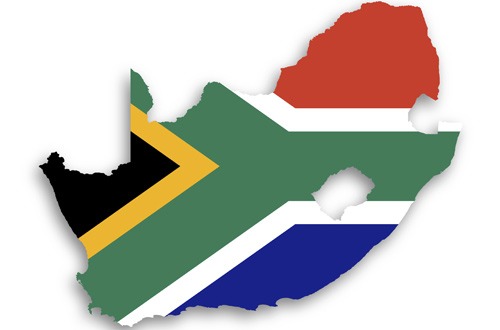
Despite its slower than anticipated growth, Massmart still has its eye on growing its African business, says chairman, Kuseni Dlamini.
“We’re very committed to growing our business on the African continent. We see massive opportunity there for us to be part of modernizing the retail industry, to be part of contributing to growth and development across Africa. We’re following a very disciplined approach” said Dlamini in an interview last week with CNN Marketplace Africa‘s Eleni Giokos.
Walmart acquired a controlling stake of Massmart six years ago. The $2.4bn deal raised expectations for Walmart to dramatically alter the retail market in South Africa.
The company comprises of retailers Game, Makro, Builder’s Warehouse, Builder’s Express, Dion Wired, CBW Holdings among others, and has become the second biggest consumer goods distributor in Africa.
Massmart has a diversified portfolio of products – selling everything from food, electronic equipment, to building material. Over the years, South Africa has been the source of more than 90% of the company’s turnover, lately, however, Massmart’s sales have taken a hit as South Africa fell into a recession earlier this year.
Growth Opportunities
Describing the anticipation around the acquisition, Anton Hugo, Director, Leader Retail & Consumer, PwC says, “The expectation certainly was that Walmart would expand aggressively across the continent. Massmart was operating in 12 countries across the continent and had over 370 stores. It’s grown from around 25 stores outside of South Africa to around 35 stores.”
Responding to criticisms that the company hasn’t been expanding quickly enough and how it will progress Dlamini responds: “We’re very committed to growing our business on the African continent. We see massive opportunity there for us to be part of modernizing the retail industry, to be part of contributing to growth and development across Africa. We’re following a very disciplined approach.
“We don’t just open stores for the sake of opening stores. Our business is about sustainability. It’s about being there for a long time. It’s easy to open a store today and find that tomorrow it’s actually not sustainable. So, we have a very rigorous, systematic, calculated approach that we use to decide where and when we open a store.”
Walmart is now increasing its expansion and wants to open 58 stores in two years, 11 of which will be in markets outside of South Africa.
“Nigeria is very much at the core of our strategy. We are growing our business in Nigeria, we’re growing in Ghana. We are looking at growing our footprint in markets such as Kenya. We’re looking at Uganda, Tanzania. We’re looking at scaling in those markets, building more stores so that we can grow our presence in those markets.”
Hugo goes on to explains how Walmart’s slow expansion in Africa reflects a changing economic environment: “If you look at the environment at that stage, I think the theme was one of African rising. You had seven of the ten fastest growing economies in the world in Africa. One looks at the context, when you see slightly slowing economies in South Africa and Nigeria and other parts of Africa over the last few years.”
The Good News
As Dlamini explains, Massmart has benefited from adopting Walmart’s supplier planning processes to improve merchandise availability and the local farmer development programme to improve fresh food supply chain efficiency.
“People like to see local products, especially when it comes to food to the extent that you can partner with local farmers,” he says.
Dlamini also expanded on the partnership: “I think the relationship has matured over the years… and has been mutually beneficial. One of the positive impacts… is our supplier development programme… we’ve managed to create new entrepreneurs that are now part of the supply chain, whose goods you find in our stores. And those entrepreneurs have created new jobs that were not there before. We try and identify opportunities for us to source from local African entrepreneurs”
Massmart has over six years also invested in SME development through various initiatives such as their Supplier Development Programme which helps SMEs to gain access to markets, launched in 2014.
See also: Absa, Massmart Deal Sees New Black Player Enter Milling Industry
One of the first entrepreneurs to benefit from the programme was Xolani Ndzaba of Lethabo Milling (Pty) Ltd, a 100% black owned business located in Ventersburg in the Free State.
As a beneficiary of the programme the milling business not only received funding of around R9.8 million, but became one of Massmart’s suppliers, supplying them with 10 000 tons of maize meal per annum.





